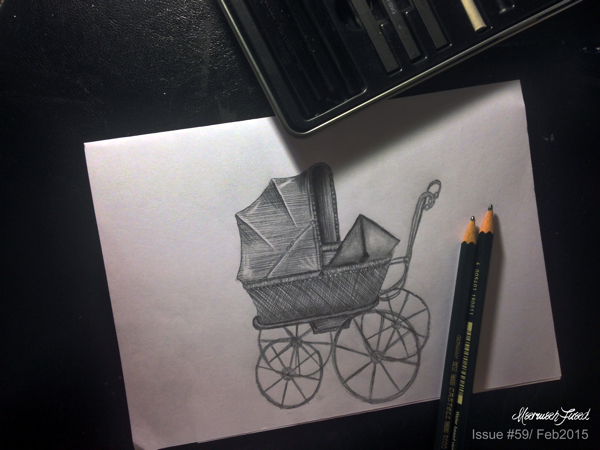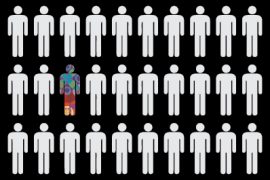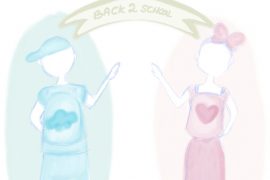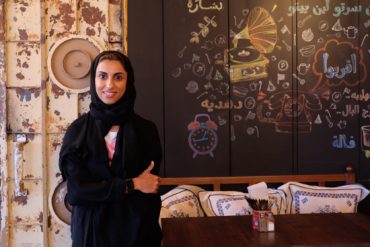Article in brief: This article explores the pre-destined circumstances children are brought into, and the considerations of bringing human life into the world.

When children are born, they are pre-destined to enter the world into various roles. They become new additions to already existing families, followers of certain beliefs, and new purpose to the lives of those who brought them into the world. Sometimes, they are born to serve more complex purposes like gluing together flawed marriages, filling empty voids in their guardians’ lives or carrying forward the family reign. Other factors such as quality of life, wealth and political situation in their surroundings, are also determined before the baby even feels his or her mother’s touch for the very first time. Genetic traits of both parents are combined and passed onto this new creation resulted from the joint decision to bring a new human life into this world. Some children then have to go through life-altering circumstances such as abandonment, adoption and single parenthood from their early days. Others are blessed to be raised in healthier family environments, with strong educational privileges and live more sustainable lives.
Human life is not brought into this world through any will of its own, but hypothetically, given the choice to decide, would the ‘pre-birth considerations’ not include all of the above factors? In reality, there is no choice given to those brought into the world. Is it then not the responsibility of potential parents to weigh all the consequences? If having children is not for everybody, should married couples not evaluate the true purpose they chose to have children? If two people are unable to provide a healthy environment for a child, does that alarm them to reconsider having children? Or do pressures of experiencing parenthood, biological clocks, and society overpower them, urging them to do so anyway? Is it concerning the norms of most societies around the world, that they expect marriage and reproduction from the mass majority?
In casual conversations with parents in our surroundings, it is almost second nature and even noble to hear about the sacrifices made to provide good lives for their children. With all due respect to the difficulties good parents go through to raise children to the finest of their abilities, when I think about the best way to fulfill my only life, I do wonder if it’s through the sacrifices associated with parenthood. Is there a conscious decision made by parents before having children to accept those sacrifices? If so, then are they still considered sacrifices or lifestyle choices? And had it not been a conscious decision, is it then fair for children to carry the burden of their parents’ sacrifices in the lifelong debt of giving back to what should have been the thought out decision of two adults who understood the magnitude of what it means to have a child?
Sacrifices are translated to tokens of love, and the love therefore, a residing memory of the hardships. When the hardships wear off, and children of the world grow older, does a love that has coincided with sacrifice for so long allow for detached individuality? Above all strengths required for good parenthood, the most powerful credit goes to the moment parents are able to let go of the selfish need to have their children close, to the gift of liberation, finally, allowing them the overdue right of choice in their existence in the world.




Love this piece because it definitely highlights the dynamics of human beings – we are very much a "monkey see-monkey do" and "one-size fits all" culture and that system is not always the best one to follow.